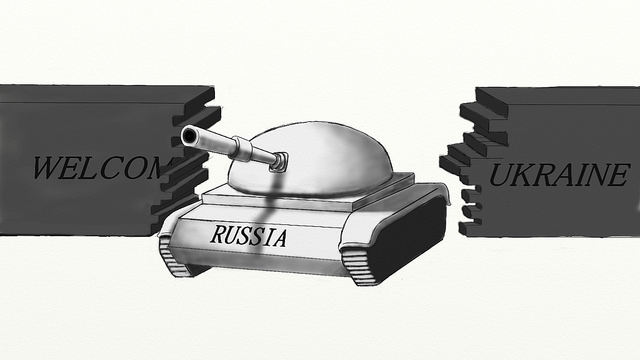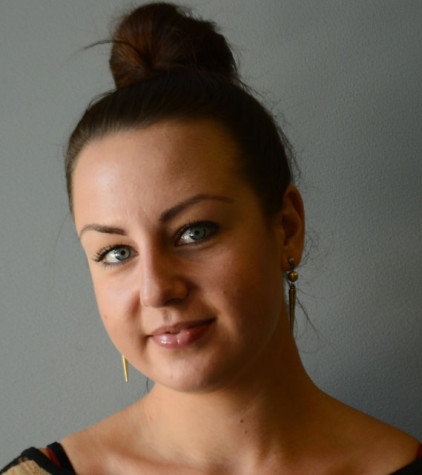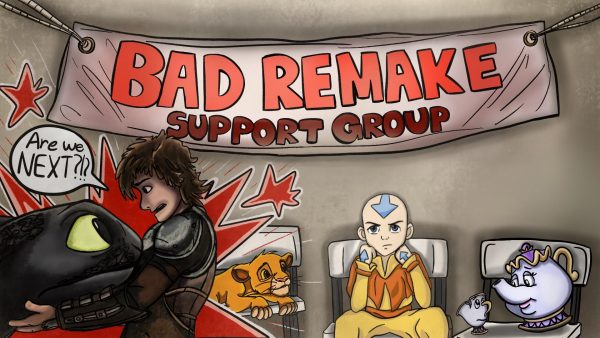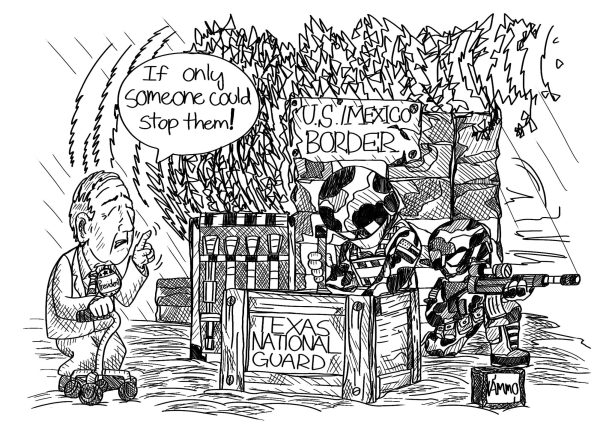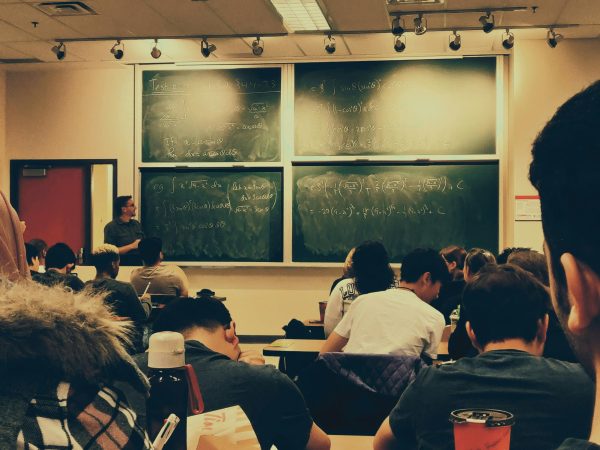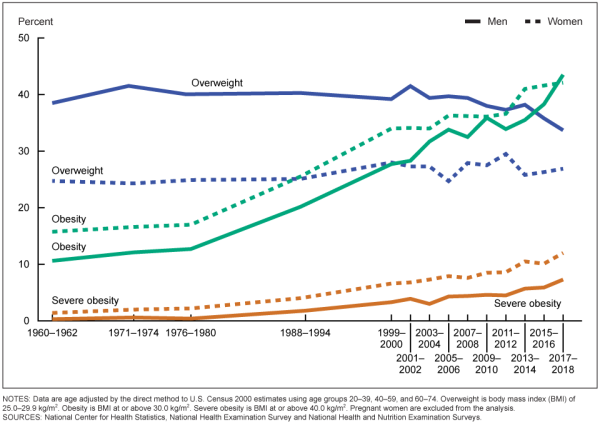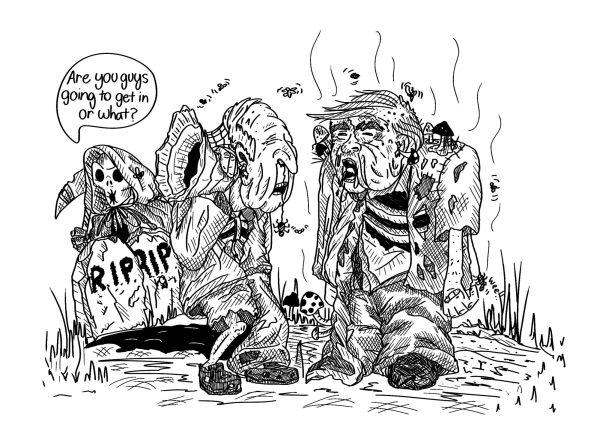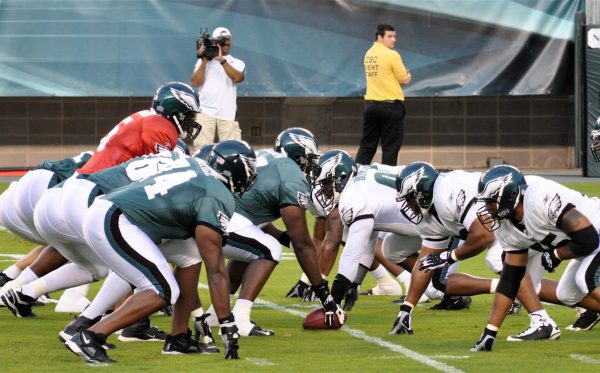The world in the face of war
September 22, 2014
What we have feared in nightmares has become a reality today. We are witnesses of a civil war in Ukraine.
Knowing who is fighting is vital to figuring out why the Russian army has invaded Ukrainian soil, and why the government in Moscow authorized military intervention in this country.
While the pro-Russian camp in this war wants to connect East Ukraine to Russia, the pro-European camp strives for independence. Thousands of people are gathered wanting former Ukrainian President Viktor Yanukovych to leave or schedule new elections. This dispute has been intense, much more than we can imagine or we could expect.
Ukrainians hear broadcasts about how Russian soldiers have been ordered to take over the Ukrainian cities of Mariupol and Odessa. They feel abandoned and they want to know how other countries can stop aggression and save Ukraine.
What is shown on TV is only a small piece of the horrifying reality. On Jan 22, 2014, the day of Unity of Ukraine, police shot and killed six people during street clashes. According to Ukrainian media, over 1,000 Russian soldiers have already invaded the country.
It is also worth thinking how the situation will influence life and economy of other countries. Turbulence in Ukraine might increase the pressure on markets in Europe and the rest of the world. Economic difficulties such as high debt, low foreign currency, changeable exchange rate and high demand for external financing might influence the general situation of emerging markets. Many politicians in West Europe are afraid that this situation is going to stop gas distribution to their region.
As an European I feel very uncomfortable with this situation, because we’ve been down this road before. Europe did nothing with Hitler until it was too late. When there was finally resistance, his army destroyed everything in its path. If it hadn’t been for Russia and the United States, Hitler’s Germany would have very well succeeded. The landscape of Europe would be completely different today, and not for the better.
Ukrainian Premiere Arseniy Yatsenyuk declared that the presence of the Russian army in his country means that Russian President Vladimir Putin has started a war in Europe. President Barack Obama and German Chancellor Angela Merkel have agreed that Russia’s actions cannot remain unanswered. Is this the beginning of World War III?
There is no other solution but urgent diplomacy to de-escalate and to get international peacekeepers to the border region as quickly as possible. Obama is right: the Cold War is over. But a lot has changed with Putin since the Cold War and we have a lot of catching up to do.
We shouldn’t forget that Russia is and for many centuries has been the largest country in the world and that it acquired its territories by imperialist expansion often accompanied by genocide and ethnic cleansing. When Putin says, “We have always respected the territorial integrity of the Ukrainian state,” I wonder whether is he being truthful, or is the speech a smoke screen for further aggression?
We don’t know, and I am not here to defend one side or the other. I am here to defend clarity, consistency, honesty, and international rule of law.





































































